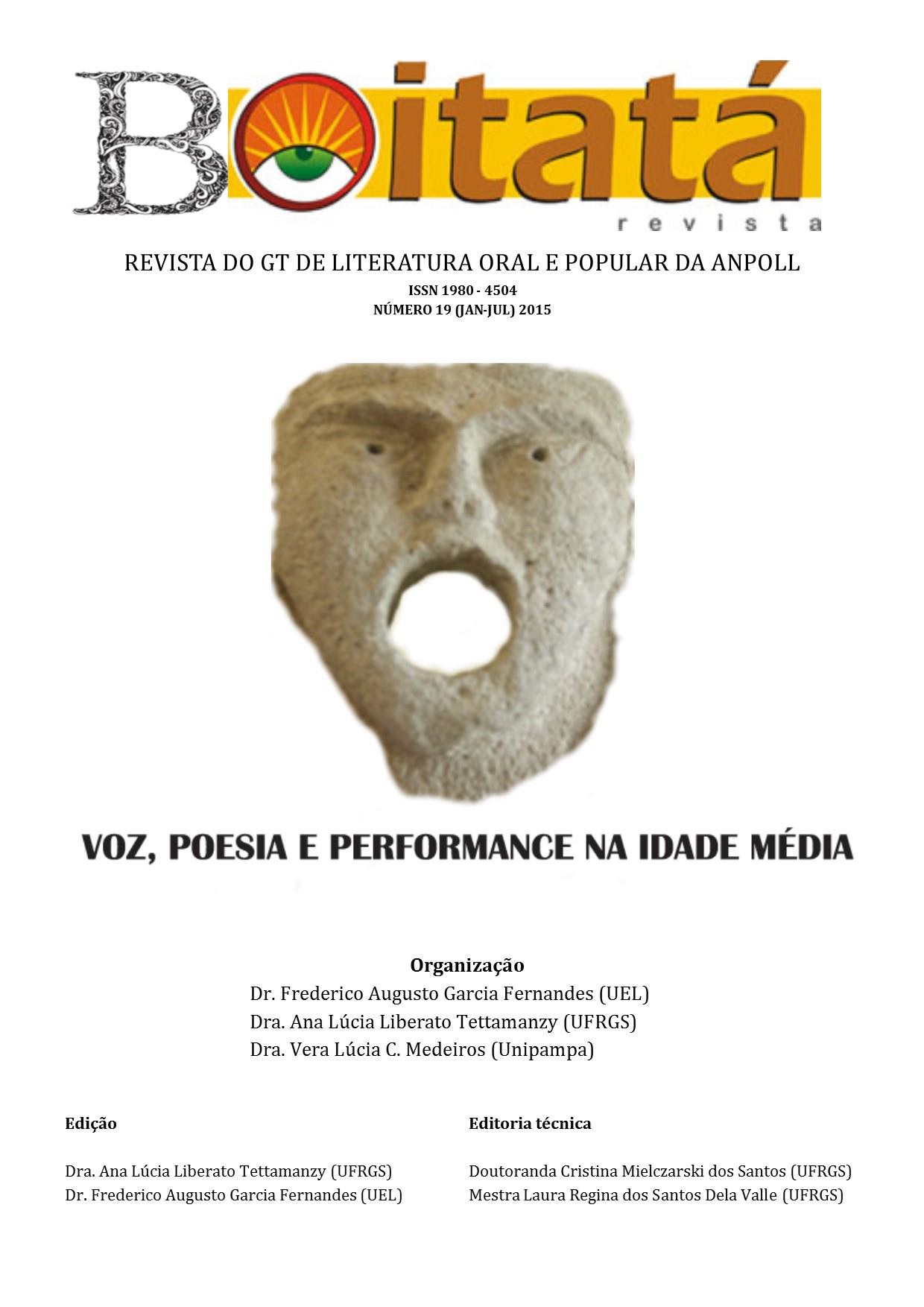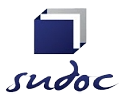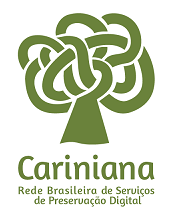Celtic cosmovision and poetic vocality: tradition oral and mythological narratives of the middle age
DOI:
https://doi.org/10.5433/boitata.2015v10.e31509Keywords:
Oral tradition, Vocality, Medieval Literature, Celtic world viewAbstract
This article studies the vocality in the Celtic oral tradition and its reverberation in the medieval Irish and Welsh literature. With the focus on the Celtic religion, we will see the possible relationships that the druids and the bards established with words, sounds, chants and songs. This study uses sources derived from Medieval Literature, Celtic Religion and Archaeology. It observes the migration of the voice in the transition from oral to written culture, from the Ancient Celtic language to the Latin language, from Paganism to Christianity. Rather than interweaving linear sequences of real events, it aims to expand the understanding of the historicity of voice in its use, in certain historical, social and environmental contexts. Through Paul Zumthor's concept about vocality, the Celtic mythology is approached considering its corporeal aspects, its ways of existing as a sensorial and musical perception of the environment.Downloads
Download data is not yet available.
References
ALDHOUSE-GREEN, Miranda & Stephen. The quest for the shaman: shape-shifters, sorcerers and spirit-healers of Ancient Europe. London: Thames and Hudson, 2005.
AMIM, Mônica. MABINOGION: o maravilhoso e o utópico na construção da identidade galesa. [Tese de Doutorado] - Faculdade de Letras, UFRJ, Rio de Janeiro, 2006.
CUNLIFFE, Barry. The Celtic World. London: Constable, 1992.
CUNLIFFE, Barry. The druids. New York: Oxford University press, 2010.
DAVIES, Sioned. Mythology and the oral tradition. In: GREEN, Miranda. The Celtic world. NY, Routledge, 1995.
DAVIES, Sioned. Storytelling in Medieval Wales. Journal Oral Tradition. v.7, n.2, p. 231- 57.Columbia, 1992.
FOREST, Danu. The druid shaman: exploring the Celtic otherworld. Winchester: Moon Books, 2013.
GARLICK, Susan F. Horses, swine and magical birds: The role of animals in the Mabinogion. [Master's thesis in Arts]. University of Wales, Trinity St David, Lampeter Campus, 2011.
GREEN, Miranda. The gods of the Celts. USA: Gloucester, 1986.
GREEN, Miranda. The world of druids. London: Thames and Hudson, 1997.
KOCH, John T. The conversion and the transition from Primitive to Old Irish c. 367-c. 637. In: Emania 13 (1995), p. 39-50.
MAC CANA, Proinsias. Celtic Mythology. England: Newnes Books, 1983.
MACLEOD, Sharon Paice. Celtic Myth and Religion: a study of traditional belief, with newly translated prayers, poems and songs. North Carolina: Mac Farland, 2012.
MACLEOD, Sharon Paice. The divine feminine in ancient Europe. North Carolina: Mac Farland, 2014.
NAGY, Joseph Falaky. Orality in Medieval Irish Narrative: an overview. In: Oral tradition journal. v.1, n. 2, p. 272-301. Columbia, 1986.
RALLS-MACLEOD, Karen. Music and the Celtic otherworld, from Ireland to Iona. Edinburg: Edinburg University Press, 2000.
SCHAFER, Murray. A afinação do mundo. Tradução de Marisa Fonterrada. São Paulo: UNESP, 2001.
STEWART, Robert. Celtic Gods, Celtic Goddesses. New York: Blandofrod, 1990.
ZUMTHOR, Paul. A letra e a voz. Tradução de Jerusa Pires Ferreira e Amalio Pinheiro. São Paulo: Companhia das Letras, 1993.
ZUMTHOR, Paul. Escritura e nomadismo. Tradução Jerusa Pires Ferreira e Sonia Queiroz. Cotia/São Paulo: Ateliê Editorial, 2005.
ZUMTHOR, Paul. Introdução à poesia oral. Tradução de Jerusa Pires Ferreira, Maria Lúcia Diniz Pochat e Maria Inês de Almeida. Belo Horizonte: Editora UFMG, 2010.
ZUMTHOR, Paul. Performance, recepção e leitura. Tradução Jerusa Pires Ferreira e Suely Fenerich. São Paulo: Cosac Naify, 2007.
AMIM, Mônica. MABINOGION: o maravilhoso e o utópico na construção da identidade galesa. [Tese de Doutorado] - Faculdade de Letras, UFRJ, Rio de Janeiro, 2006.
CUNLIFFE, Barry. The Celtic World. London: Constable, 1992.
CUNLIFFE, Barry. The druids. New York: Oxford University press, 2010.
DAVIES, Sioned. Mythology and the oral tradition. In: GREEN, Miranda. The Celtic world. NY, Routledge, 1995.
DAVIES, Sioned. Storytelling in Medieval Wales. Journal Oral Tradition. v.7, n.2, p. 231- 57.Columbia, 1992.
FOREST, Danu. The druid shaman: exploring the Celtic otherworld. Winchester: Moon Books, 2013.
GARLICK, Susan F. Horses, swine and magical birds: The role of animals in the Mabinogion. [Master's thesis in Arts]. University of Wales, Trinity St David, Lampeter Campus, 2011.
GREEN, Miranda. The gods of the Celts. USA: Gloucester, 1986.
GREEN, Miranda. The world of druids. London: Thames and Hudson, 1997.
KOCH, John T. The conversion and the transition from Primitive to Old Irish c. 367-c. 637. In: Emania 13 (1995), p. 39-50.
MAC CANA, Proinsias. Celtic Mythology. England: Newnes Books, 1983.
MACLEOD, Sharon Paice. Celtic Myth and Religion: a study of traditional belief, with newly translated prayers, poems and songs. North Carolina: Mac Farland, 2012.
MACLEOD, Sharon Paice. The divine feminine in ancient Europe. North Carolina: Mac Farland, 2014.
NAGY, Joseph Falaky. Orality in Medieval Irish Narrative: an overview. In: Oral tradition journal. v.1, n. 2, p. 272-301. Columbia, 1986.
RALLS-MACLEOD, Karen. Music and the Celtic otherworld, from Ireland to Iona. Edinburg: Edinburg University Press, 2000.
SCHAFER, Murray. A afinação do mundo. Tradução de Marisa Fonterrada. São Paulo: UNESP, 2001.
STEWART, Robert. Celtic Gods, Celtic Goddesses. New York: Blandofrod, 1990.
ZUMTHOR, Paul. A letra e a voz. Tradução de Jerusa Pires Ferreira e Amalio Pinheiro. São Paulo: Companhia das Letras, 1993.
ZUMTHOR, Paul. Escritura e nomadismo. Tradução Jerusa Pires Ferreira e Sonia Queiroz. Cotia/São Paulo: Ateliê Editorial, 2005.
ZUMTHOR, Paul. Introdução à poesia oral. Tradução de Jerusa Pires Ferreira, Maria Lúcia Diniz Pochat e Maria Inês de Almeida. Belo Horizonte: Editora UFMG, 2010.
ZUMTHOR, Paul. Performance, recepção e leitura. Tradução Jerusa Pires Ferreira e Suely Fenerich. São Paulo: Cosac Naify, 2007.
Downloads
Published
2015-06-29
How to Cite
MARTINS, Janaina Träsel. Celtic cosmovision and poetic vocality: tradition oral and mythological narratives of the middle age. Boitatá, Londrina, v. 10, n. 19, p. 96–110, 2015. DOI: 10.5433/boitata.2015v10.e31509. Disponível em: https://ojs.uel.br/revistas/uel/index.php/boitata/article/view/31509. Acesso em: 18 dec. 2025.
Issue
Section
Dossiê
License
Copyright (c) 2015 Boitatá

This work is licensed under a Creative Commons Attribution 4.0 International License.
Boitatá esta licenciada com CC BY sob essa licença é possível: Compartilhar - copiar e redistribuir o material em qualquer suporte ou formato. Adaptar - remixar, transformar, e criar a partir do material, atribuindo o devido crédito e prover um link para a licença e indicar se mudanças foram feitas.






















